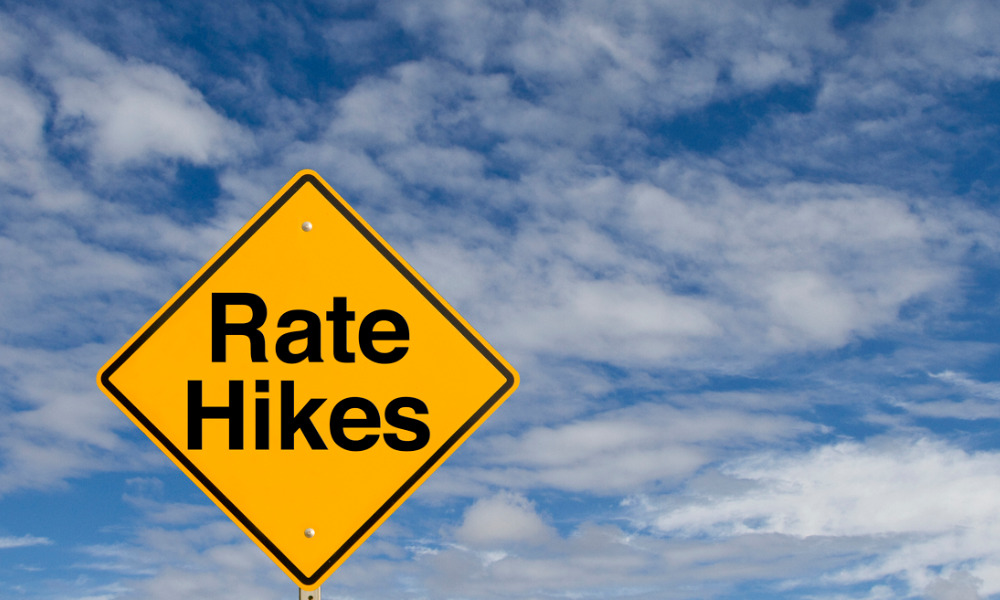The BoC's rate increases have pushed a significant share of mortgage holders to their limit

Amid elevated interest rates, variable-rate mortgage holders are paying thousands of dollars in extra interest compared to those with fixed rates, according to a new analysis by RATESDOTCA.
The Bank of Canada’s interest rate hikes over the past year and a half have pushed a significant share of mortgage holders to their limit, the analysis noted.
In particular, “more and more variable-rate mortgage holders with fixed monthly payments have reached their trigger rate, the point at which their payments can’t even cover their interest,” RATESDOTCA said. “To accommodate the spike in interest, many lenders are even extending amortization periods to 30 years or longer.”
While variable-rate mortgages appeared to be the most financially sound way to go during the pandemic era, “as interest rates remain perilously high, many homeowners find themselves paying far more than they gambled for,” RATESDOTCA said.
Rising interest rates are impacting Canada's major banks, leading to slower mortgage growth, extended amortization periods, and an increase in impairments.
— Canadian Mortgage Professional Magazine (@CMPmagazine) September 1, 2023
Full article: https://t.co/nvFrqB9aaK#mortgageindustry #businessgrowth #interestrates #ratehike
Variable-rate holders are paying the price for previously low rates
The analysis outlined two hypothetical borrowers who took out five-year insured mortgages valued at $500,000 in 2021, back when fixed-rate mortgages came at a rate of 1.99% and variable-rate mortgages locked in at a rate of 1.25%.
RATESDOTCA calculated that, in this example, the one who chose a variable-rate mortgage has paid $23,579 more in cumulative interest as of September 2023, compared to what they would’ve paid had the rate remained unchanged. The variable-rate holder has also paid 63% more in total interest than the fixed-rate mortgage holder.
“And as the overnight lending rate increased, it took only six months for [the variable-rate holder] to exceed the amount of interest paid monthly by [the fixed-rate holder],” RATESDOTCA said. “So, by November 2022, [the] variable-rate mortgage had surpassed the total amount of interest paid by the fixed-rate holder.”
The data indicates that variable-rate homeowners are paying a steep price for the historically low interest rates seen during the pandemic era.
“As the BoC walks the tightrope between inflation and other core measures, and grapples with the decision to increase or pause rates with each announcement, some variable-rate holders might even consider either refinancing their mortgage and switching to a fixed rate mortgage, or waiting out until their renewal date to make the jump,” RATESDOTCA said.



